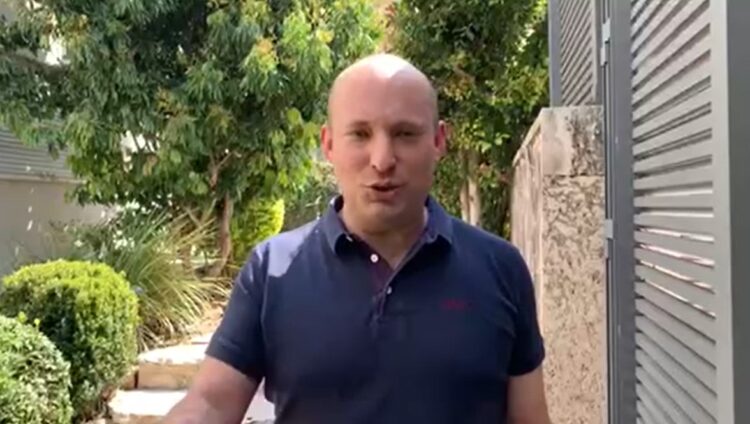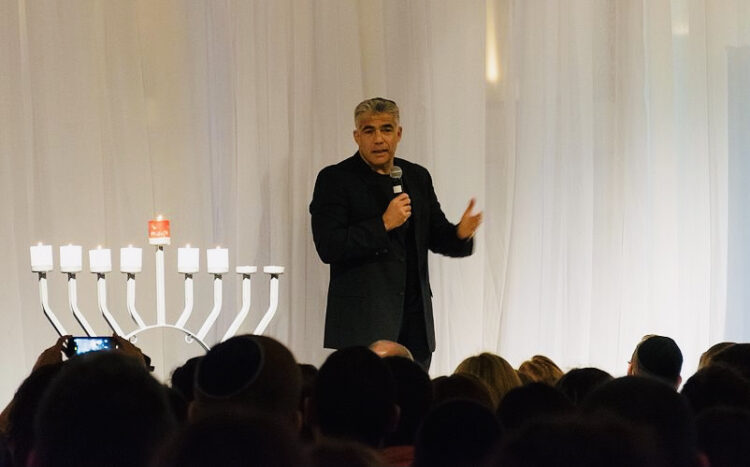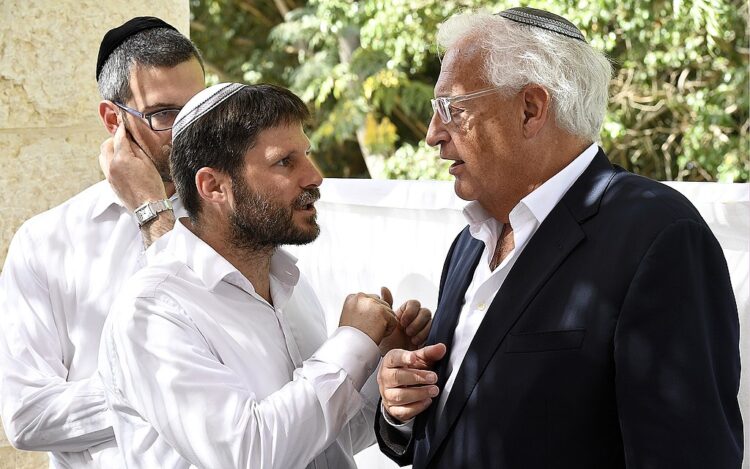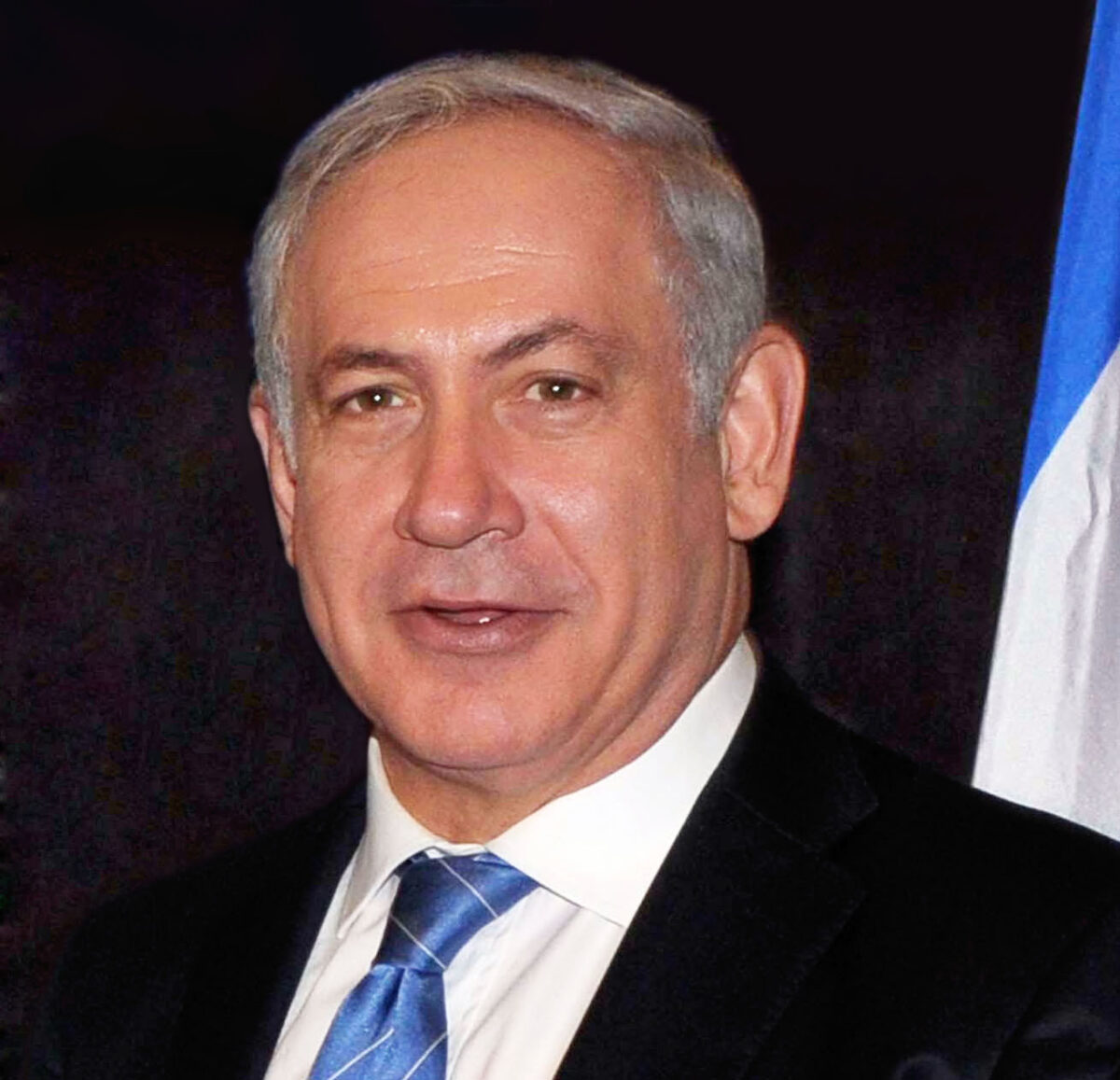Israel is mired in a state of political paralysis yet again after its fourth election in less than two years. Much to the frustration of Israelis, a fifth election may be looming.
Neither Prime Minister Benjamin Netanyahu and his right-wing partners, nor his opponents on the right, center or left, won enough seats to cobble together a majority coalition in the 120-seat Knesset.
Netanyahu, who currently governs the country along with Defence Minister Benny Gantz under a fraying power-sharing pact, commands a total of 52 seats, compared to 57 for his adversaries.
For the fourth election in a row, Netanyahu — Israel’s longest-serving time minister — was unable to win a sufficient number of seats to form a viable government, in an unmistakable sign of the deep political divisions that plague Israel.
Netanyahu, who claims he’s in “a different league” than his rivals, campaigned on his major achievements. He facilitated the delivery of enough coronavirus vaccines to immunize the majority of adults. And, with the help of the United States, he signed normalization agreements with the United Arab Emirates, Bahrain, Sudan and Morocco in just a matter of months last year.
But Netanyahu, who’s currently on trial on charges of corruption, is an extremely polarizing figure who has sharply alienated about half of Israelis.
With the ballots having been counted, Netanyahu’s Likud Party emerged with 30 seats. His allies — Shas (9), United Torah Judaism (7) and Religious Zionism (6) — picked up 22 seats.

The far right-wing Yamina Party, headed by Netanyahu’s former defence minister, Naftali Bennett, won 7 seats. Once Netanyahu’s close colleague, Bennett was keeping his options open, refusing to say whether he would join a coalition headed by him.
Gideon Sa’ar, a former minister in Netanyahu’s cabinet who broke away from the Likud and formed the New Hope Party, won 6 seats, far less than widely expected. Sa’ar, having challenged Netanyahu’s leadership after his indictment on charges of bribery, breach of trust and fraud, has repeatedly said he would not support Netanyahu under any circumstances.

The centrist Yesh Atid Party, headed by Yair Lapid, won 17 seats, theoretically positioning him as Israel’s next prime minister. Blue and White, a center party headed by Gantz, captured 8 seats, much less than in the previous election. Lapid’s possible coalition partners, the Labor Party, Meretz and Israel Beyteneu, won 7, 6 and 7 seats respectively.
The Joint List, an amalgamation of three Arab parties, managed to win 6 seats, down from a high of 15 in the last election. Mansour Abbas, an Islamist whose United Arab List Party (Ra’am), disengaged acrimoniously from the Joint List, won four seats.
Abbas appears to hold the balance of power and could decide whether Netanyahu will continue as prime minister.

A dentist by profession, he left the Joint List a few months ago after indicating he might consider forming an informal alliance with Netanyahu, who has a record of demonizing Israeli Arab politicians.
Unlike his old colleagues in the Joint List, Abbas is amenable to working with Netanyahu or other right-wing politicians if he can wring concrete benefits for the Israeli Arab community, which comprises 20 percent of Israel’s population of nine million.
Israeli Arabs, the descendants of Palestinians who remained in their homes during the 1948 Arab-Israeli war, face discrimination in employment and housing. Arab towns and villages do not receive an equitable share of government funds and suffer from a relatively high crime rate.
Arab parties have never been invited into an Israeli coalition, but they supported Prime Minister Yitzhak Rabin from the outside to ensure that the 1993 and 1995 Oslo accords with the Palestinians were passed through parliament.
Yesterday, Abbas said he was open to working with Netanyahu, who was running for a fifth term of office. As he put it, “Ra’am’s approach is to not rule out anyone who doesn’t rule us out. If a ruling party makes contact, Ra’am will hold the process appropriately and respectfully. “
Netanyahu has yet to contact Abbas, but he has dismissed the possibility of sitting in a coalition with him, claiming that Ra’am is as anti-Zionist as the Joint List. “There is no difference between Mansour Abbas and Ayman Odeh,” he said in a reference to the leader of the Joint List. “They represent parties that oppose the State of Israel.”
Before the election, when Netanyahu was asked whether he would rely on Abbas for outside support, he replied, “Absolutely not.” But on March 25, Netanyahu changed course, saying he has not ruled out “parliamentary cooperation” with Abbas.
Even if Abbas endorses his premiership, Netanyahu could lose the backing of the far-right Religious Zionist Party. Its leader, Bezalel Smotrich, the former minister of transportation, opposes cooperation with Ra’am, thereby further narrowing Netanyahu’s chances of building a majority coalition.

Smotrich’s partner, Itamar Ben Gvir of the extremist Jewish Power Party, is just as adamant. Yitzhak Cohen, a member of Shas and the deputy finance minister, has taken them both to task for drawing such rigid lines in the sand.
It’s clear that Israel’s fourth consecutive election since 2019 has not brought the country any closer to stability or a sense of continuity.
And Israel’s political system looks increasingly dysfunctional and in dire need of rejuvenation or revision.
